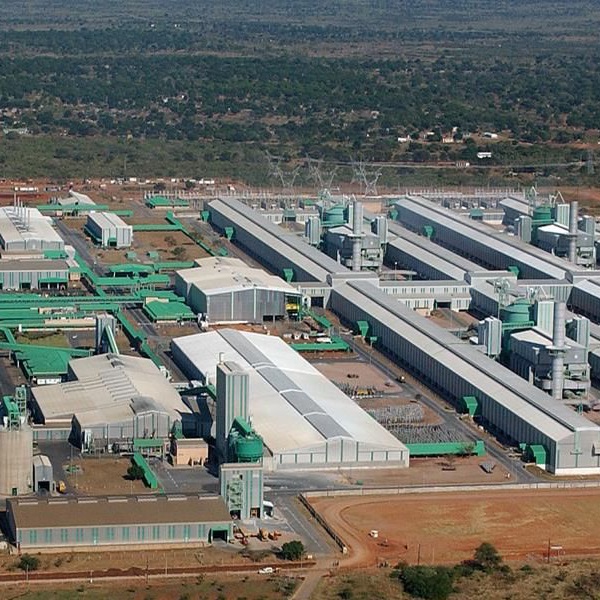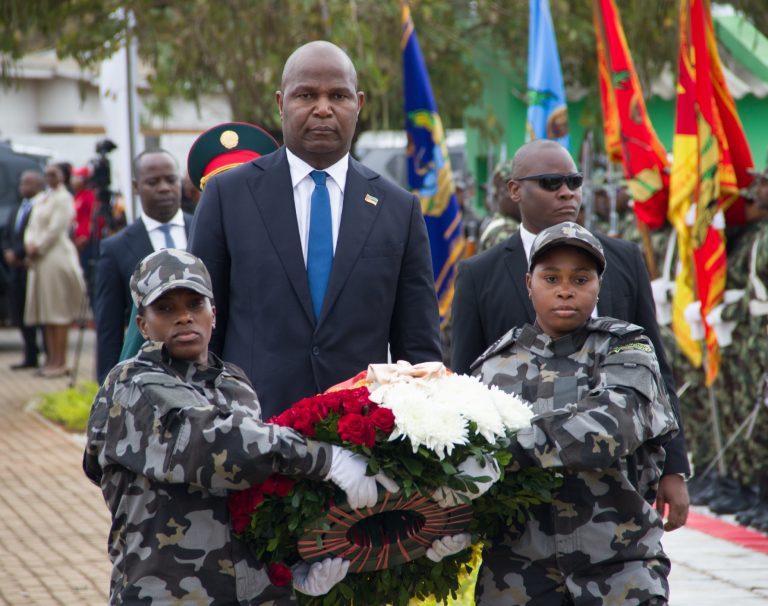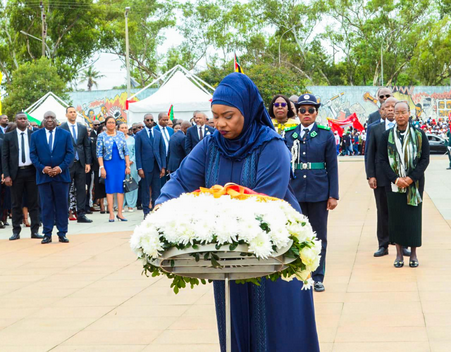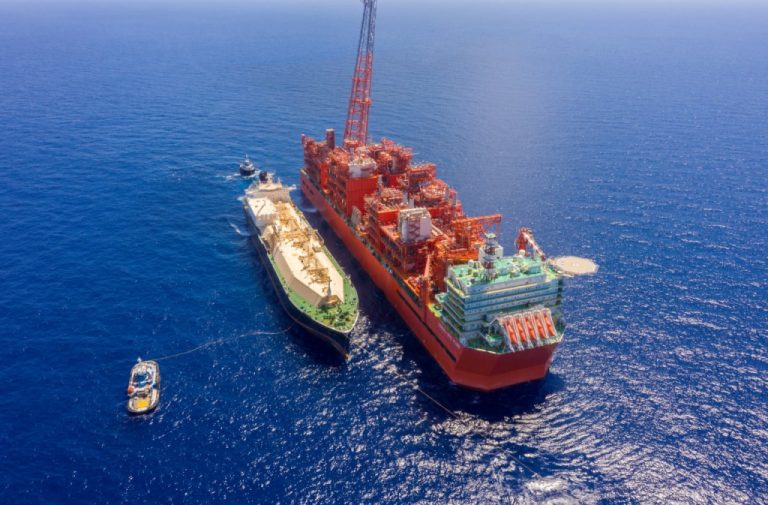
Fábrica de Alumínio Mozal
Maputo, 14 Aug (AIM) – The negotiations on a new electricity agreement to supply power to the Mozal aluminium smelter on the outskirts of Maputo have broken down, threatening the continued production of the aluminium ingots that have become one of Mozambique’s main exports.
The aluminium is produced from imported alumina. The main local input is electricity, mostly generated at the Cahora Bassa dam on the Zambezi River, in the central Mozambican province of Tete.
The contract under which Mozal receives its power expires in March 2026. In a Thursday press release, the main shareholder in Mozal, the Australian company South32, says that negotiations with HCB, the company that operates the Cahora Bassa dam, and the South African electricity company, Escom, have failed to reach agreement on a future electricity price.
South32 says that current arrangements “do not provide confidence that Mozal will secure sufficient and affordable electricity beyond March 2026”.
With no agreement on a future electricity price, “we will limit investment in Mozal, stopping pot relining and standing down associated contractors starting this month”, threatened South32. “Without access to sufficient and affordable electricity, we expect that Mozal will be placed on care and maintenance at the end of the current agreement”.
South32 adds that “we will recognise an impairment of US$372 million (same amount post tax) for Mozal with our Financial Year 25 financial results, which includes US$339 million of property, plant and equipment, US$7 million of intangible assets and US$26 million of raw materials and consumables. The impairment reflects our assessment that the most likely scenario is for Mozal to operate until the end of the current electricity supply agreement and be placed on care and maintenance in March 2026”.
The release added that “the impairment reduces Mozal’s carrying value to US$68 million, with the impairment to be excluded from Financial Year 25 underlying earnings, in accordance with our accounting policies”.
Historically, most of the electricity used by Mozal comes from HCB. But whenever HCB is unable to meet Mozal’s demand, power is purchased from Eskom.
Despite the current impasse, South32 remains optimistic that eventually an agreement will be reached allowing electricity supply to resume on terms that will allow aluminium production to resume.
To make matters worse, HCB has warned that, if the current drought in the Zambezi Basi continues, there may not be enough water in the river to sustain HCB electricity generation.
Unless matters improve, South32 expected Mozal production in the 2026 Financial Year to fall to 242,000 tonnes (down from a projected 355,000 tonnes in 2025).
If Mozal is put into “care and maintenance”, it may never open again. “The hard thing is that with a smelter, once you put a smelter in care and maintenance, whilst it is possible to restart, it’s super expensive,” said Graham Kerr, CEO of South32 in an interview on Thursday. “It’s probably a three- to four-year journey. My belief is: if you shut Mozal, you never start it again. It’s just too hard”.
Although details of the negotiations are confidential, it is known that under the existing arrangement, Mozal purchased 950 megawatts of power. But the Mozambican authorities wanted to cut this to 350 megawatts and double the price, claimed Kerr.
Kerr said this was a proposal South32 could not accept. “If you think about the cost structure of a smelter, it’s about a third electricity. If someone’s going to come in and roughly double your electricity price, you just don’t have a business,” he said.
He suggested that a competitive price for power might be 50 dollars per kilowatt hour, while HCB’s stated cost of production is between 17 and 19 dollars per kilowatt hour.
(AIM)
Pf/ (615)






